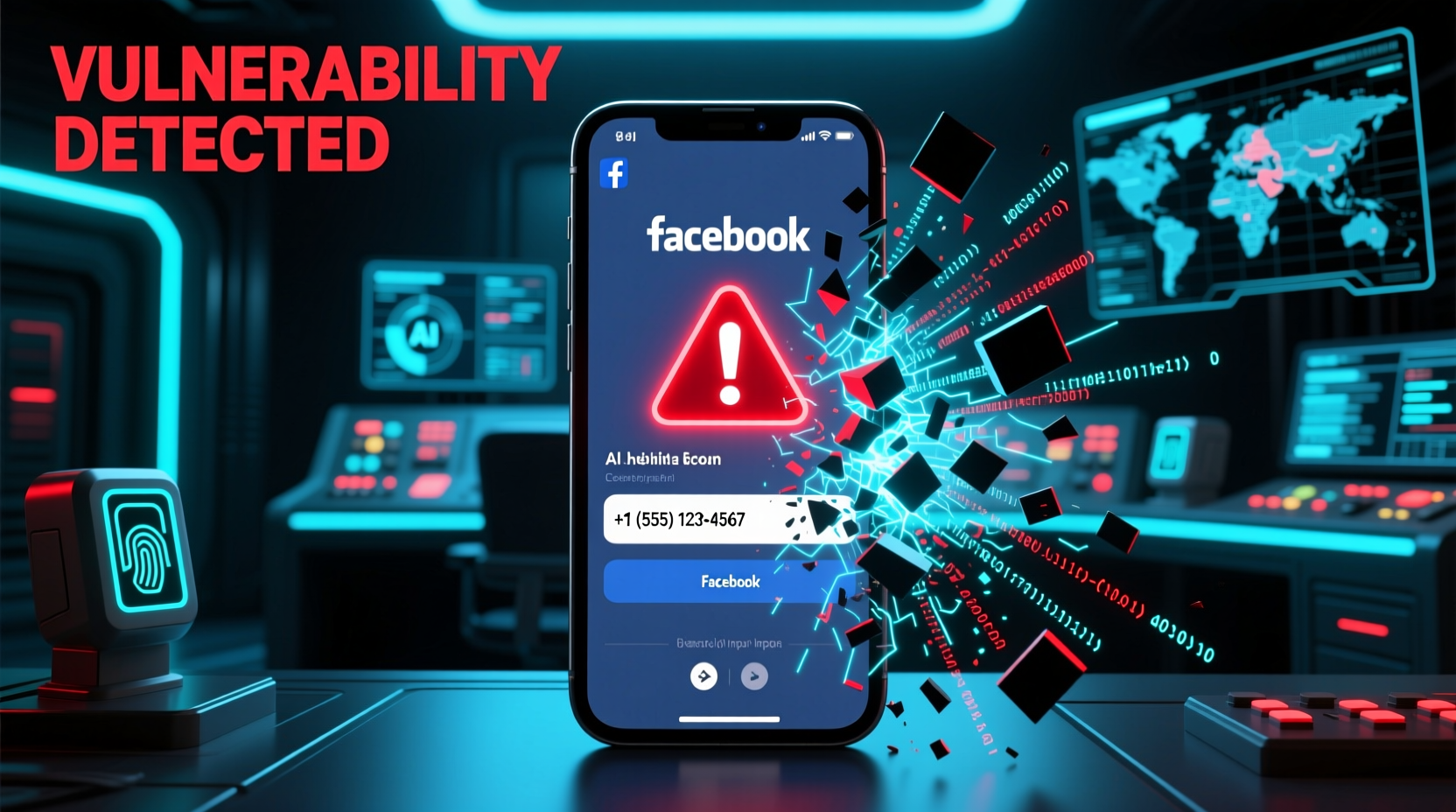Resolving Social Media Vulnerabilities: A Broader Perspective
Photo by Jakub Porzycki/NurPhoto via Getty Images
Update (June 13, 2023): Facebook, in an ongoing bid to fortify its security, has successfully addressed the vulnerability that previously allowed account breaches via phone numbers. This advance underscores the importance of continuous improvement in platform security protocols. The introduction of Facebook's bug bounty program now also plays a critical role in inviting security experts from outside the company to disclose any vulnerabilities they discover in a responsible manner, ensuring that such lapses are addressed before they can be maliciously exploited.
Contemporary Threats to Social Media Security
While certain account access issues have been rectified, social media accounts remain a target for cybercriminals. Common attack vectors today include spam and phishing attempts, which not only threaten Facebook users but also extend to Instagram and Twitter. Malware, malicious links, and deceptive applications continue to be prevalent issues faced by Meta and similar companies, as these strategies are frequently used by cybercriminals to gain unauthorized access and compromise user data.
If you encounter any suspicious activity, such as account cloning or impersonation, which are strategies used by attackers to deceive contacts and potentially conduct scams, Facebook provides a dedicated portal for reporting these issues.
Security Flaw in Telecommunications Networks
In June 2016, reports highlighted a significant security flaw in the Signaling System 7 (SS7) protocol, a telecommunications standard developed in 1975. This protocol facilitates communication between telephone networks but is inherently trusted, meaning that any received messages, regardless of origin, are accepted as legitimate. This structural vulnerability in SS7, rather than any particular flaw in Facebook's system, allowed potential attackers to intercept authentication codes necessary for account recovery procedures. The exploitation of this weakness involved diverting the code to the attacker's device.
This method was not limited to Facebook, affecting any service employing similar account recovery methods, such as Gmail and Twitter. The incident highlighted the critical importance of robust security protocols like two-factor authentication, although the reliance on SMS-based recovery remains vulnerable until telecommunications security is improved.
Enhanced Security Measures and Best Practices
To better protect personal information and social media accounts, users are advised to implement multifactor authentication methods that do not solely rely on SMS. Utilizing security keys or authentication apps where possible adds an additional layer of protection. Furthermore, maintaining strong, unique passwords for primary email and social media accounts is essential, as these serve as hubs for access to various online services.
Understanding these vulnerabilities paves the way for a proactive approach to personal and professional cybersecurity measures.
Additional Security Resources
- How to find out if an AirTag is tracking you
- Five easy steps to keep your smartphone safe from hackers
- How to protect and secure your password manager
- How to check if your VPN is working (and what to do if your VPN won't connect)











 浙公网安备
33010002000092号
浙公网安备
33010002000092号 浙B2-20120091-4
浙B2-20120091-4